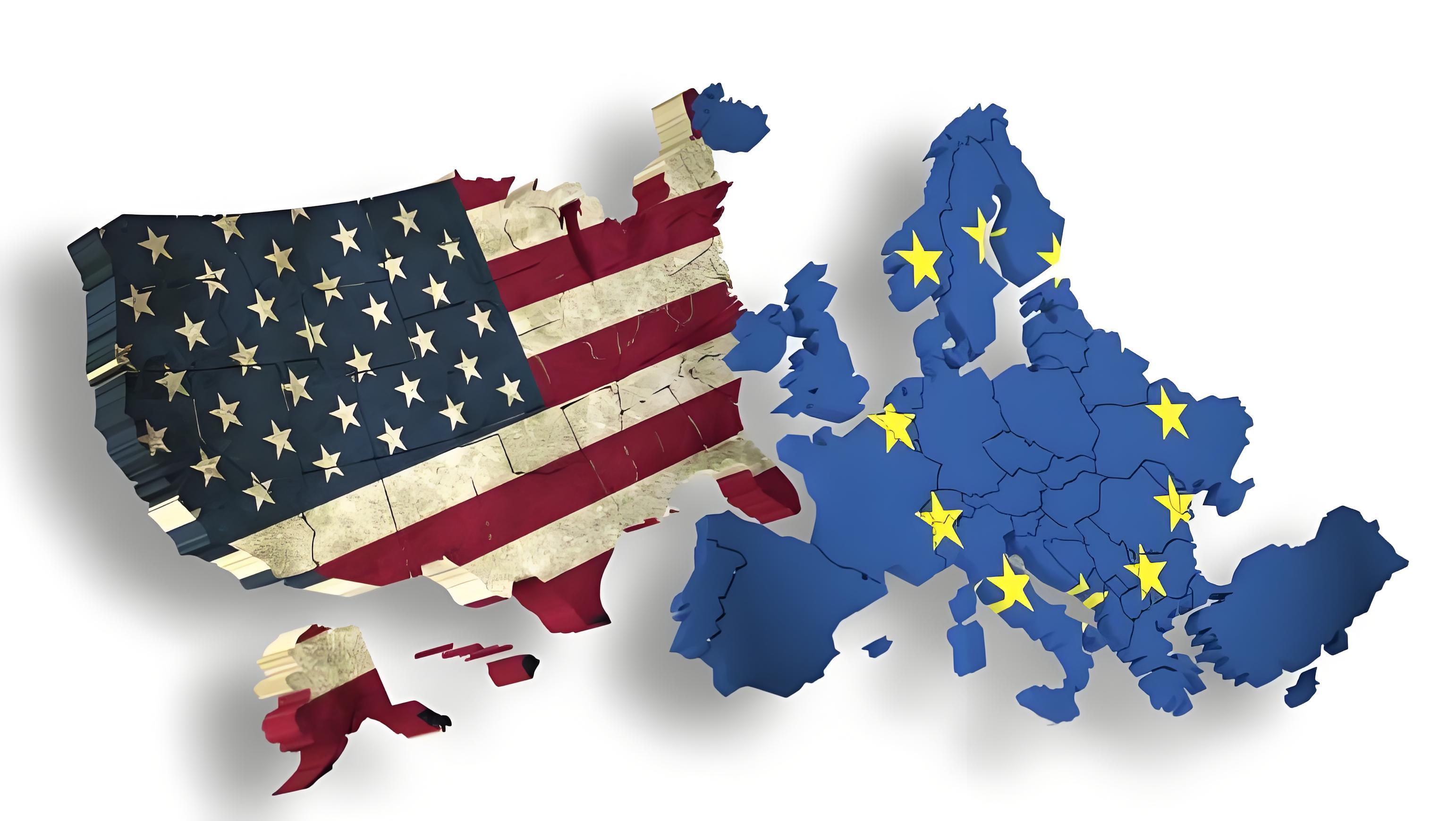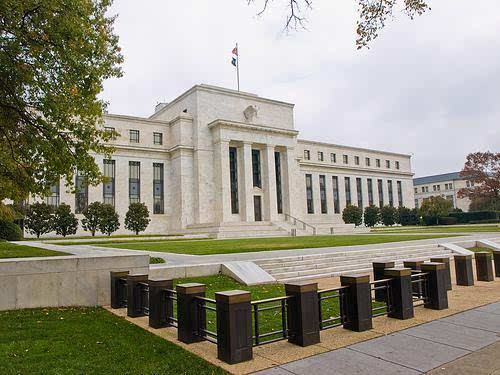
On March 27th, local time, US President Trump once again targeted allies with the tariff baton. He blatantly threatened that if the European Union (EU) and Canada colluded to harm the US economy, the United States would impose high tariffs on both. This statement, like a boulder thrown into a calm lake, has stirred up waves in the waters of international trade, making the already complex international economic and trade situation even more unpredictable.
Going back to March 26th, Trump signed an executive order at the White House, announcing a 25% tariff on all imported automobiles. He emphasized that this tariff would be permanent, with the only exemption being vehicles manufactured within the United States. As soon as this executive order was issued, it caused an uproar in the international community. Ursula von der Leyen, President of the European Commission, quickly voiced her deep regret over the US move. She bluntly stated that this policy was detrimental to both US and European companies and was an added burden for consumers. Canadian Prime Minister Justin Trudeau also criticized vehemently, saying that Trump's auto tariffs were a “direct attack” on Canadian workers, violating the spirit of the United States - Mexico - Canada Agreement (USMCA). He also said that Canada would explore countermeasures, including the possibility of imposing retaliatory tariffs.
Facing the tough stances of the EU and Canada, Trump issued an even more aggressive threat on the 27th. This was not a spur - of - the - moment decision but a continuation of Trump's “America First” strategy. Over the years, Trump has adhered to economic nationalism and trade unilateralism, attempting to address the US trade deficit and protect domestic industries through tariffs. However, this strategy has not achieved the desired results. Instead, it has severely strained relations between the United States and many of its trading partners and disrupted the global trade order.
Economically, Trump's tariff threats will have many negative impacts on all parties. For US consumers, the prices of imported cars will skyrocket. The Anderson Economic Group, a US research institution, estimates that the cost of some car models could increase by 2,000to
12,200. This will undoubtedly exacerbate the economic burden on consumers, dampen consumer enthusiasm, and thus drag down US economic growth. For the automotive industry, the tariff policy will disrupt the global supply chain. The production costs of automakers will rise sharply, and many multinational car companies are facing unprecedented cost pressures, hindering investment and development in the automotive industry.
Politically, Trump's actions have severely damaged the alliance between the United States and the EU and Canada. Historically, the United States, the EU, and Canada have maintained close ties in political, economic, and military fields. However, Trump's frequent use of tariffs has eroded the trust among allies. As mature economies, the EU and Canada will not yield easily to US threats. The EU has stated that it will continue to seek negotiation solutions while reserving the right to take measures to safeguard its economic interests. Canada has also made it clear that it will impose retaliatory tariffs. This could lead to an escalation of trade frictions between the United States and its allies, potentially triggering a full - scale trade war.The international community has also expressed dissatisfaction with Trump's tariff threats. The Asahi Shimbun in Japan published an editorial, pointing out that the erratic nature of the US government's tariff wars will only exacerbate economic stagnation and chaos. It seriously undermines the rules of the World Trade Organization and agreements among countries, and damages the free - trade regime. Many countries are calling on the United States to abandon unilateralism, return to the multilateral trading system, and resolve trade disputes through dialogue and negotiation.
Trump's threat to impose high tariffs on the EU and Canada represents yet another challenge to the global trade order. It will not only have a huge impact on US - EU and US - Canada relations but may also trigger a chain reaction in the global trade situation. In the era of globalization, the economies of various countries are closely interconnected. There are no real winners in a trade war. The United States should recognize that promoting free trade through dialogue and cooperation is the right path to achieve common prosperity. Otherwise, the US's trade - protectionist actions will exact a heavy toll on both itself and the world economy, and the international community will face more severe economic and political challenges.

Recently, there has been another turmoil in the US financial sector. The Department of Justice is said to be conducting an investigation into Federal Reserve Chair Powell, and President Trump has publicly criticized his interest rate policy.
Recently, there has been another turmoil in the US financia…
Recently, the International Energy Agency released the "Wor…
On January 7th local time, a gunshot in Minneapolis once ag…
In early 2026, Musk announced through both social media and…
Against the backdrop of profound adjustments in the global …
PepsiCo expects improved revenue performance from its Pepsi…